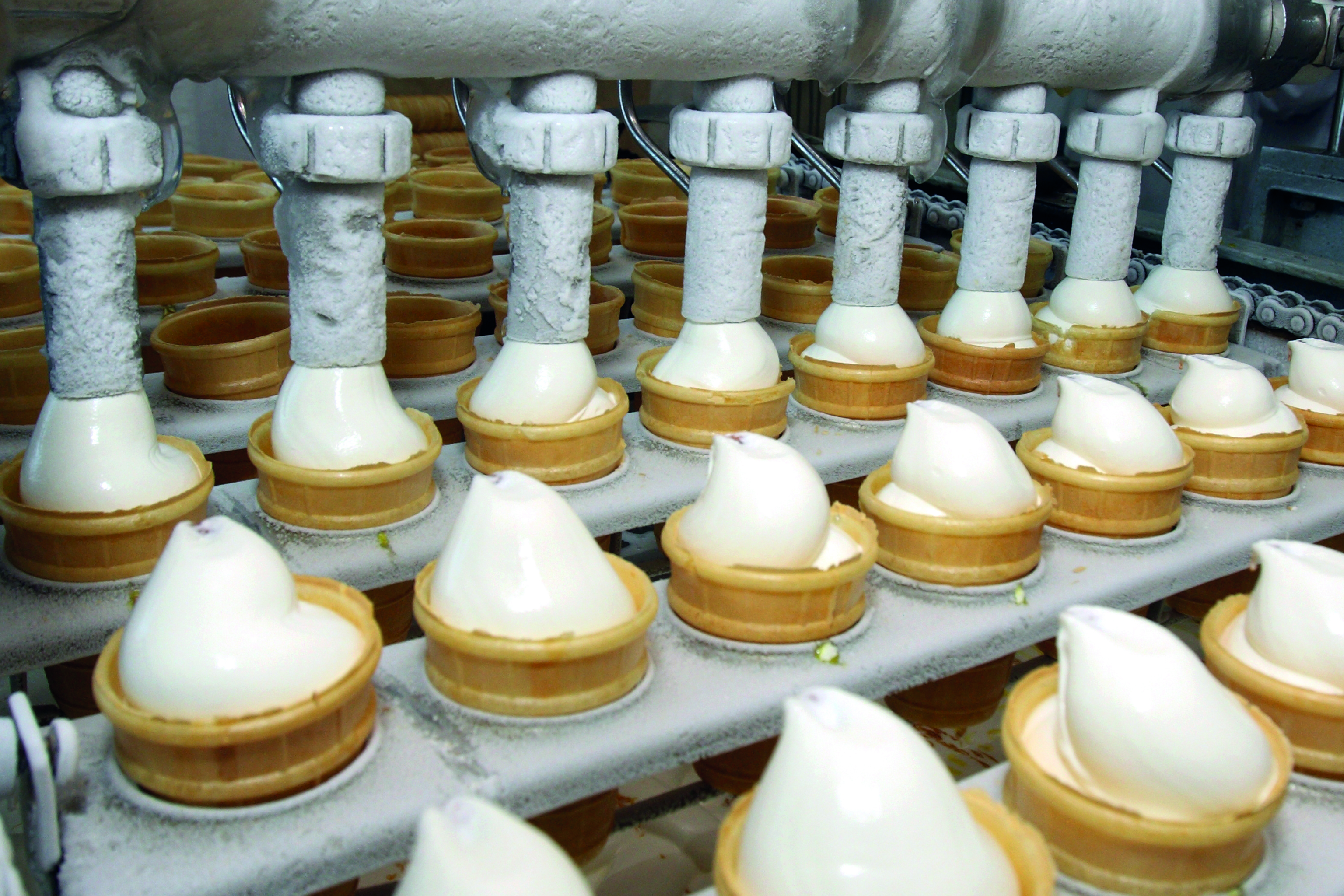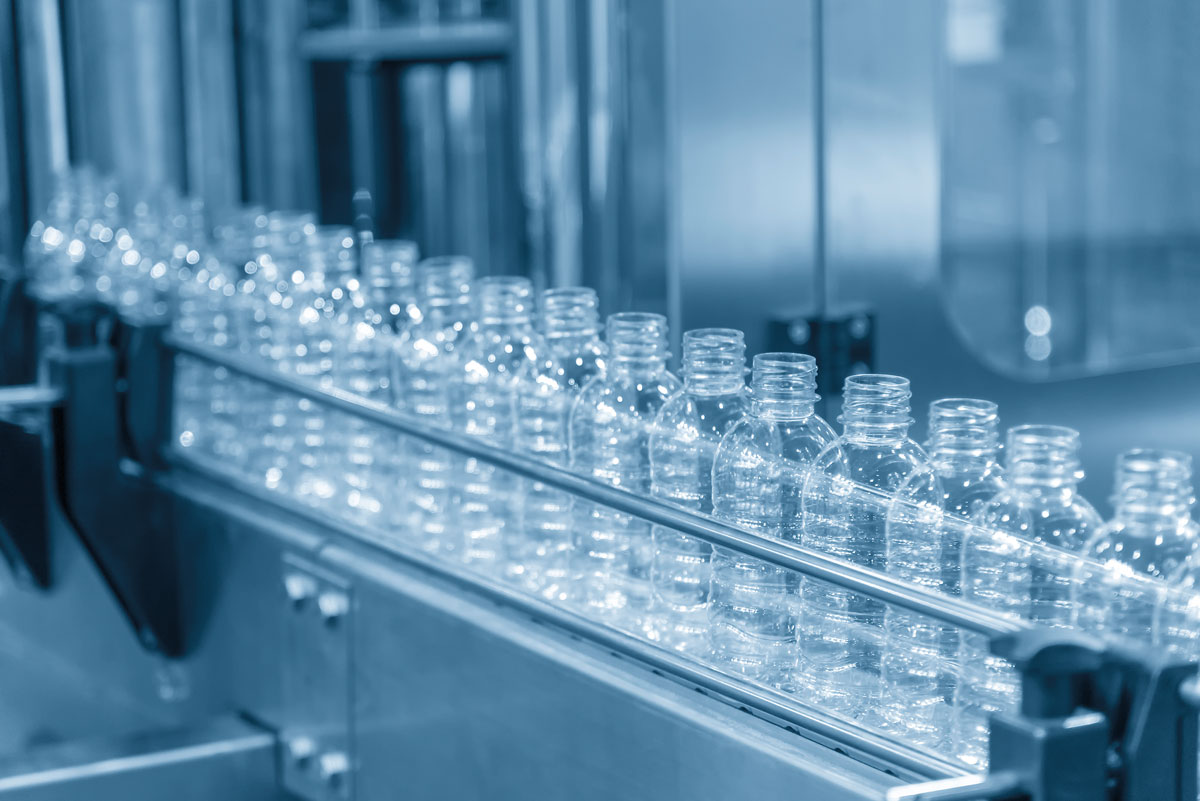Direct or indirect contact of compressed air with food - which is more common?
Many opinions differ here. What is "direct" and "indirect" product contact? Basically contaminants in, on or around the product should be avoided through incorrectly treated compressed air. It is difficult give a simple answer. I would like to give you an example.
A producer manufactures containers in which food is filled later on. He sees the consequence for himself - if there is contamination on or in the container, it could cause him harm - ergo, it is a direct contact for him. A production manager from the same industry, with the same application, told me: "For us, this is "only" an indirect contact. It is important what the responsible manufacturer describes in his in-house specification. Because this is traceable and verifiable.




